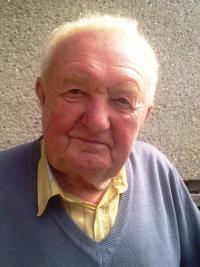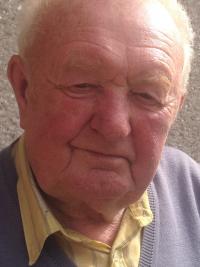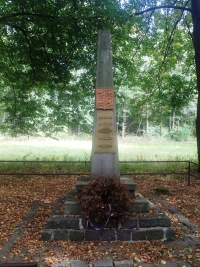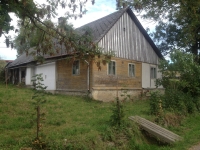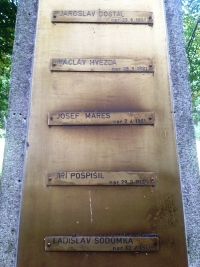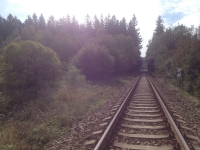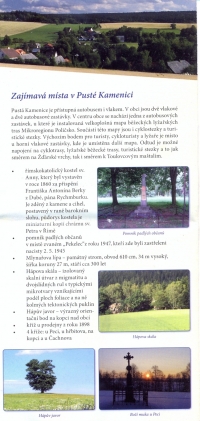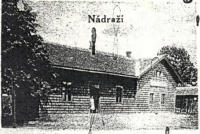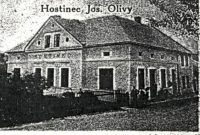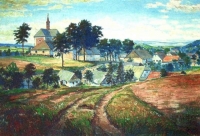He was standing by a window and a bullet flew through his body
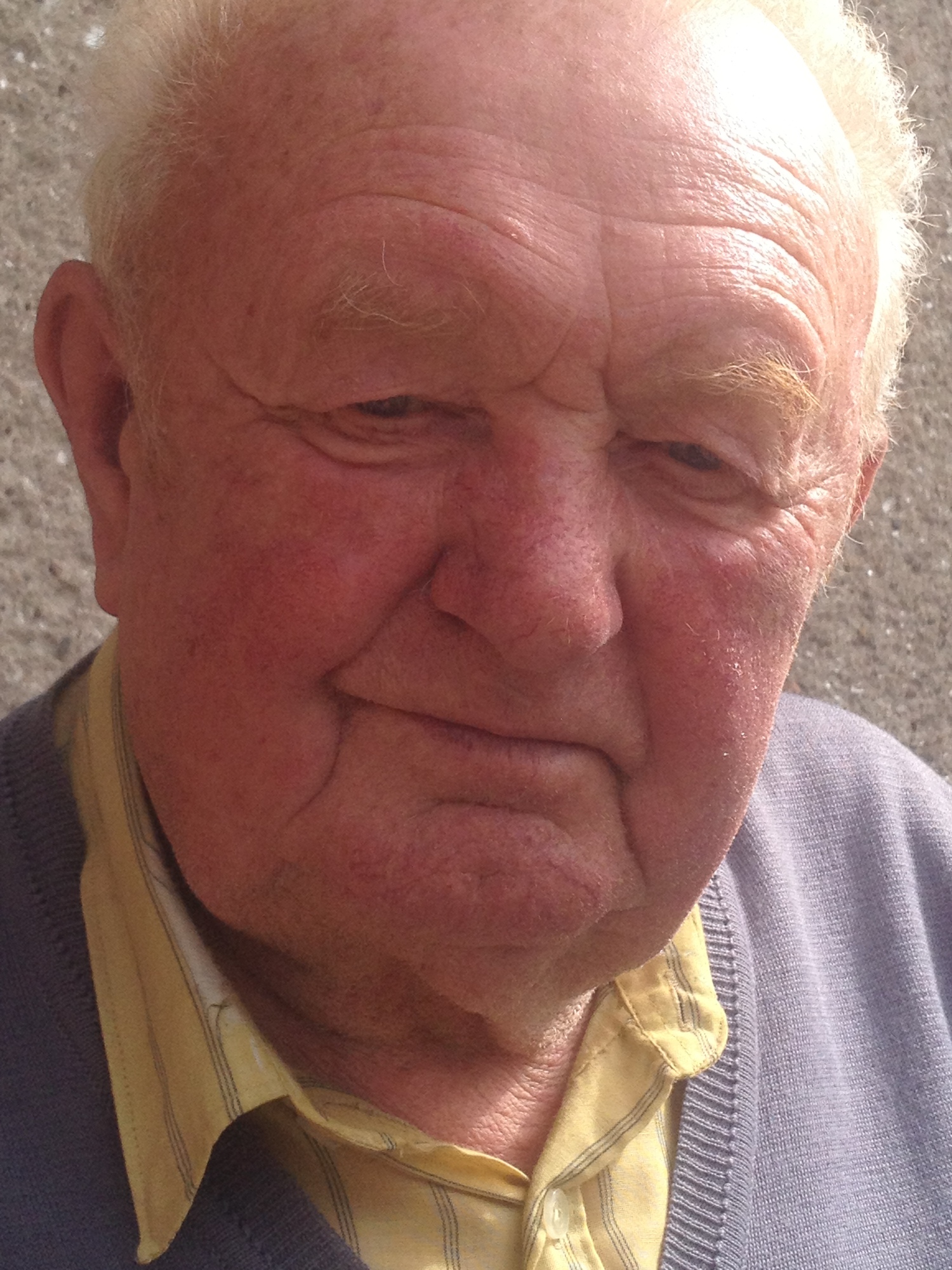
Download image
Josef Mareš was born on 21 February 1932 in the small village of Pustá Kamenice in the Highlands (Vysočina). The family owned three hectares of fields, where his father farmed. On May 2, 1942, at half past seven in the evening, the inhabitants of the village heard an explosion from the Pekelec forest about a kilometre away. What exactly happened in Pekelec is described in the chronicles from the nearby town of Skuteč, shortened quote: ‘On 2 May 1945, at about ½ past 7 p.m., partisans blew up a German army train transport in the forest of Pekelec. The Germans stopped the train and went to search for the cause. The partisans escaped, but one of them may have been hit by the Germans into the shoulder padding of his clothes. The train commander gave the order to search the forest. It was already getting dark, and during the search the Germans shot each other. It is said they had 3 dead and 18 wounded. The people they caught nearby were brought to the carriages. Václav Hvězda from Čachnov and his nephew, 15-year-old Jiří Pospíšil from Čachnov, had been going to Pustá Kamenice for the May service. They became suspects because of having muddy shoes. They begged very hard to be let go, but the Germans shot them. Ladislav Sodomka, 33, a butcher in Pustá Kamenice, was brought there, his eyes were taken out, he was mutilated and then shot. Jaroslav Dostál from Čachnov had ran with Sodomka to see the incident. After a while these people were let off the train and shot in the meadow, as if they were on the run. They took the shoes and clothes of Sodomka, Hvězda and Dostál, while Pospíšil was young and his shoes and clothes were small for them. Then the Germans started searching the village of Pustá Kamenice. Perhaps the Germans had a report or suspicion about the railwaymen. They searched at Brdíčko family at No. 21, where son Jan was employed by the railway. Josef Brdíčko, Jan’s younger brother, was near to death. He is a trade academy graduate and was a teacher at the apprenticeship school in Skuteč. They interrogated him harshly and harassed him. Then they let him go. Josef Mareš, 44, was shot dead in his cottage, opposite the Oliva´s pub. One shot through the window hit Mareš in the front heart chamber and killed him.’ The witness recalls the event, he heard the explosion and the shooting, and attended the evening service in the church. After the war, his father died, and a year later the family lost their fields. He went to work at railways, repairing tracks and working as a pointsman until his retirement in Polička.
